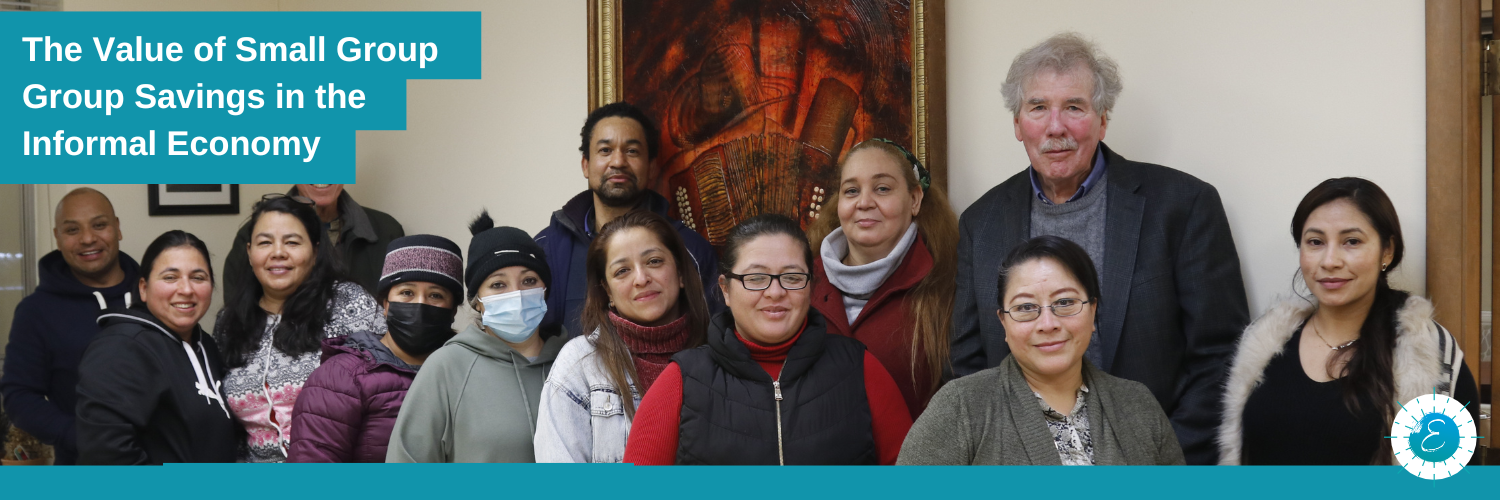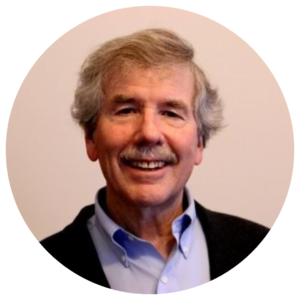Community Created Financial Inclusion

The issues of poverty are complex and multifaceted. People in developing nations face numerous barriers to achieving prosperity and stability. One of the many impediments towards growth, is that despite working long days all week, there often remains little left to save or invest; a reality that prohibits people from saving or investing in endeavors that will help them move out of poverty towards prosperity. Traditional banks are unlikely to issue loans to poor people as the risks of defaulting are too great. When, however, lenders have agreed to finance the poor, often the financial institution imposes high interest rates to ensure they are not at a loss. While it makes sense that the bank should protect its own interests in the event that a loan defaults, this reality creates yet another barrier between poverty and prosperity for numerous people who would use that resource to build a viable business. Microfinance has emerged as a way to reach the poor, by providing small and low-interest loans to help entrepreneurs start small businesses. While microfinance can be an effective way to bridge the gap from poverty to prosperity, it is not without its own issues. Unfortunately, many microbusinesses fail for various reasons.
Is there an alternative to going into debt to get out of poverty?
Jeffrey Ashe, Director of Grassroots Finance Action (GFA) and Adjunct Professor at Columbia University’s School for International and Public Affairs has spent over twenty years designing, implementing, evaluating, and managing both microfinance and community-led savings initiatives in numerous villages as the Director for Oxfam’s Saving For Change program. His work has involved twenty million village women in savings groups that were promoted through local and international non-profits in Mali, Senegal, Cambodia and Central America.
Over the years, Prof. Ashe has become more interested in ROSCAS (Revolving Savings and Credit Associations), a model that is led by a group of individuals who elect to contribute an agreed upon amount in a shared savings account. Members take turns retrieving money from the shared account and agree to pay it back. This community driven model provides a level of accountability as people in the network are motivated to maintain good standing with their associates. This community generated model has proven to generate substantial returns on investments in the informal economy, and have enabled the poor to amass valuable capital. Prof. Ashe believes that small savings clubs are a key piece of the puzzle to help generate financial stability and prosperity amongst communities in developing nations as well as immigrants in the United States. These savings clubs exist in every developing country and have been brought to immigrant countries and go by many names: tandas in Mexico, dhikutis in Nepal, susus in West Africa.
In his article, How Immigrants and Villagers Create Their Own Financial Inclusion, published by Impact Entrepreneur, Ashe states, “For those of us living in the world of institutions, the informal sector, vast as it is, operates invisibly – there are no buildings, or staff or registries, or signage – yet any villager or immigrant can tell you how it works. While our institutional world is governed by laws, the informal economy is based on trust and time-tested traditions of mutual support decentralized into small groups, families, and communities.”
Having worked with communities in that span from war-torn Bosnia in the 90s, to Guatemala, and even with immigrant communities in Lynn, Massachusetts, Ashe has seen firsthand the power of the informal economic systems to break barriers for low-income communities to build wealth for themselves, their families, and their communities. This community-driven approach empowers members of these clubs to assume full ownership for their own prosperity and removes the need to yield to the bank to address their needs. Mr. Ashe’s motto is, “They already have the answers – just ask them.”
Learn more about Mr. Ashe’s work:
- Article: Yunis Was Wrong – Savings, Not Credit, is a Human Right: Here’s How the Financial Inclusion Sector Can Shift It’s Focus
- Organization: Grassroots Finance Action
Photo Details:
Blog Post Header: Prof. Ashe with Central American Immigrants in Lynn, Massachusetts.
Blog Main Page Header: Savings Group distribution in Cambodia provided by Prof. Ashe
Want to learn from Mr. Ashe and his network of like-minded practitioners?
Sign up to receive details to attend the Grassroots Finance Action Virtual Meetings here.

Jeffrey Ashe
Adjunct Associate Professor SIPA Columbia University Research Fellow at the Global Development and Economic Institute at Tufts University

